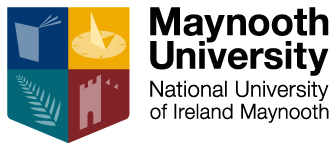| |
Introduction to television production. The studio environment will allow students to develop their skills in cameras, sound, lighting, graphics, directing, presentation and interview techniques. Pre-production is a vital phase within the production process. Students will familiarise themselves with producing and researching content alongside the challenges faced by journalists in TV. Writing scripts for television- getting it right first time. Use of television at community level. How to access programming which can be a powerful communications tool in society. The creative use of media, examples of some quality television and award winning programmes. Thinking about viewers serving your audience.
This module will develop the studentís knowledge and understanding of a working TV studio and the roles required to produce studio programming. Students will familiarise themselves with production equipment and hone their skills, while working together as a team, to complete the production brief. Students will work-shop their project from creative idea formation through project realisation and production. They will study the best practice techniques employed by documentary film-makers and will hone their skills, while working together as a team, to complete the production brief.
The students will also learn about the skills needed in TV reporting, producing, presenting and news anchoring. They will have the opportunity to practice a piece to camera, stance, delivery, voice projection and dress. They will be provided with an understanding of TV scripting, how it differs from radio and print, how to use footage to tell the story. They will learn about the breaking news environment, the pressures and challenges involved. Students will be guided through the basic principles of generating a story for TV, keeping their editors informed of how they intend to develop the story, sourcing information, researching, contacting interviewees, interview style and putting a short package or report together for a television programme they will be involved in producing.
|
 INTRODUCTION TO TELEVISION PRODUCTION
INTRODUCTION TO TELEVISION PRODUCTION

